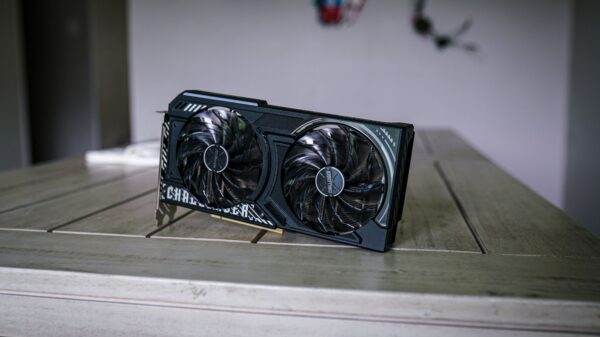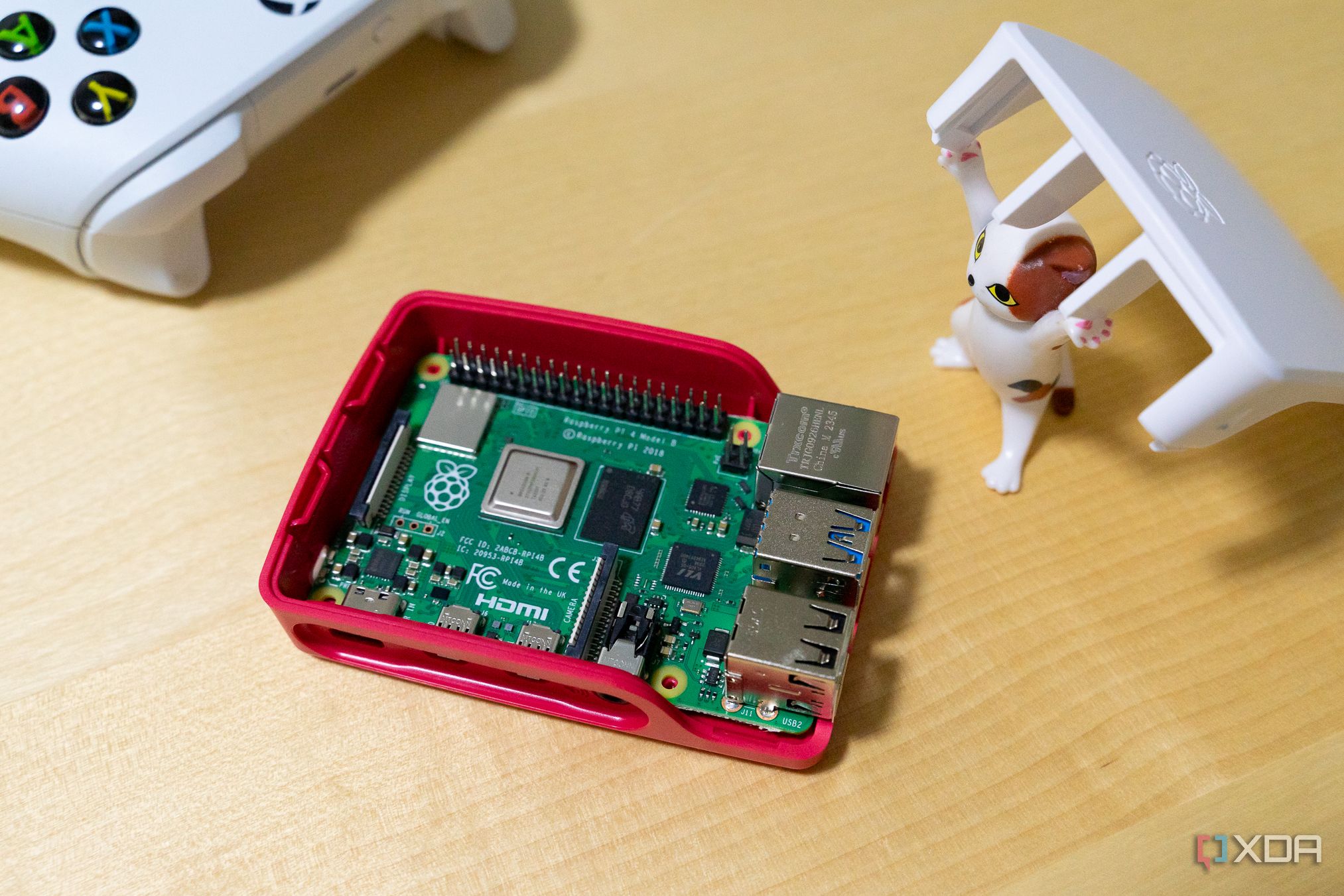Selecting the right infrastructure for self-hosting projects can pose a significant challenge. Many enthusiasts find themselves deciding between using single board computers (SBCs), such as the Raspberry Pi 4B, or containerization solutions like Docker. Each option presents unique advantages and limitations that can impact performance, cost, and manageability.
Performance Considerations
When it comes to performance, both SBCs and containers can effectively handle simple self-hosted applications. For instance, an SBC can serve as a dedicated host for a specific service, allowing it to utilize all available resources efficiently. This efficiency is crucial for low-level tasks, such as running a media server for a small group of users. Conversely, more complex applications that require logging, analytics, or serve larger audiences may demand a more robust solution.
For example, a system powered by an Intel Core i9-12900K with 32GB of RAM can run multiple virtual machines or containers without significant performance loss. However, as the number of services hosted increases, resource contention may cause slowdowns, particularly if the services are resource-intensive. SBCs, while cost-effective, can face limitations in scaling, especially if the workload grows beyond their capabilities. Clustering multiple SBCs can help distribute the load, though it introduces additional complexity that may not benefit all types of workloads.
Redundancy and Reliability
A significant advantage of utilizing multiple SBCs is the reduced risk of a total system failure. In a multi-container environment, if the central host fails, all services running on it also go offline. In contrast, if one SBC in a cluster fails, the remaining boards can continue to operate, providing a level of redundancy. This setup not only enhances reliability but also allows for performance improvements by simply adding more boards when needed.
While managing either configuration is relatively straightforward, the tools available for container orchestration, such as Docker Swarm, can streamline administration for containerized setups. SBC clusters also allow for management from any node, which can simplify operations for users.
Space and Cost Efficiency
The compact size of SBCs makes them highly appealing. Measuring just a few inches, they can easily be tucked away, and their low power consumption—around 12W for the Raspberry Pi 5—means they can run continuously without significantly impacting energy bills. This contrasts with traditional desktop systems that can require larger power supplies and cooling solutions, leading to increased noise and energy costs.
From a financial perspective, SBCs are notably affordable. A Raspberry Pi 4B can be purchased for between $35 and $75. While the initial assumption may be that containers are cheaper, the reality is that as workloads grow, the cost of upgrading traditional hardware can escalate quickly. SBCs, albeit limited in some respects, provide a budget-friendly alternative that can be easily scaled with additional units if necessary.
Repairability and Flexibility
Another consideration is the repairability of the systems in use. Although individual components of SBCs cannot be replaced, their low cost makes it feasible to replace an entire board without significant financial strain. This is particularly beneficial for hobbyists experimenting with various configurations.
Ultimately, the choice between using SBCs or containers for self-hosting varies based on individual needs and project requirements. Many users may find that deploying containers on SBCs offers the best of both worlds, allowing for flexibility and efficiency in hosting services.
As self-hosting continues to gain popularity, the decision-making process will remain a dynamic area of exploration for both novices and seasoned professionals. With numerous resources available, including tutorials and guides, the path to creating a personalized self-hosting environment is increasingly accessible.
For those interested in further alternatives, exploring Network Attached Storage (NAS) solutions can also provide additional options for self-hosting projects. For insights on NAS, readers can refer to an article by Ayush Pande for further exploration.





































































